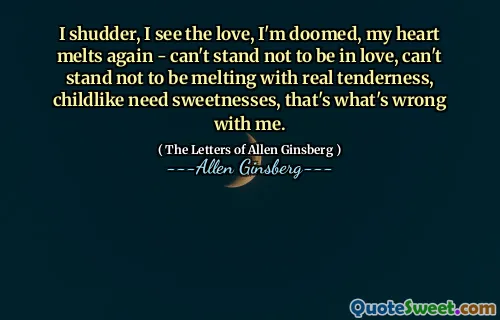Aren't we all agreed about those things--in theory?'In theory, yes,' said Bobby. 'But not in reality. If every one really wanted to abolish the difference of rich and poor it would be as easy as pie to find a way. There's always a way to everything if you want to do it enough. But nobody really wants to do these things. Not as we want meals. All sorts of other things people want, but wanting to have no rich and poor any more isn't real wanting; it is just a matter of pious sentiment. And so it is about war. We don't want to be poor and we don't want to be hurt or worried by war, but that's not wanting to end those things.
Bobby expresses skepticism about the genuine desire for social change regarding wealth disparity and war. He argues that while people may claim to want equality and peace, their actual commitment to these ideals is lacking. In theory, everyone agrees on the importance of abolishing the divide between rich and poor, but in practice, this desire is more of a lofty sentiment than a fervent wish. If there were a true desire for change, according to Bobby, tangible solutions would readily emerge.
This perspective highlights a fundamental contradiction in human attitudes toward societal issues. People may express a wish for a better world, yet their actions and priorities often reflect a lack of urgency. Bobby's remarks suggest that understanding wants as more than just abstract ideals is crucial; real change demands concrete commitment and action, not just verbal agreement. Until there is a collective and genuine motivation for change, the issues of wealth inequality and conflict will persist.





